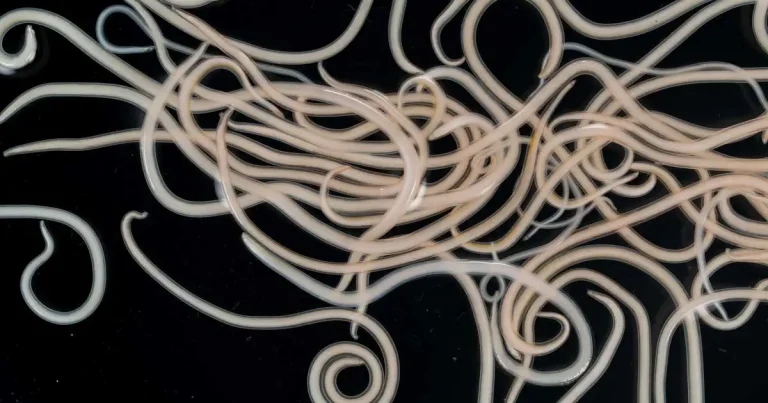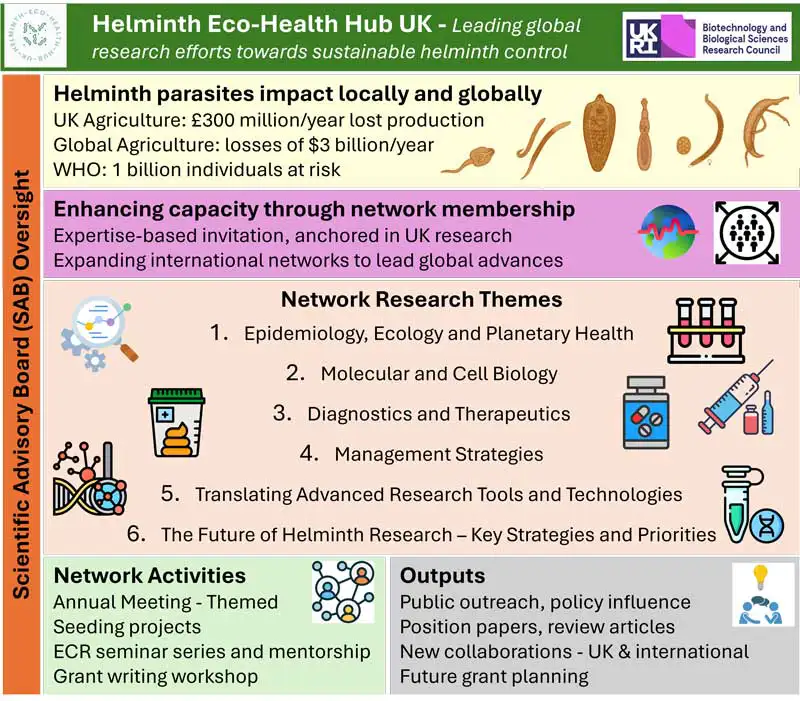29 Aug 2025
The collaborative research hub hopes to output position papers, review articles and influence policy to combat worm infections.

Image: sinhyu / Adobe Stock
A new UK research network that will work to combat worm diseases in both animals and humans will launch in 2026.
The multi-disciplinary project, Helminth Eco-Health Hub UK, has received three years of funding from the Biotechnology and Biological Sciences Research Council and is said to get underway early next year.
It will be a collaboration between institutions such as Queen’s University Belfast, the universities of Glasgow and Liverpool, Aberystwyth University, University of Liverpool School of Tropical Medicine and the Moredun Institute.
It is said the scientists will vary across disciplines, expertise and career-stages, but will be working with the shared goal of reducing helminth parasite diseases worldwide.
According to project organisers, helminth parasites cost the UK agriculture industry around £300 million annually and globally causes $3 billion in agricultural losses per year.
The network will conduct research with the following themes:
Researchers will engage in activities through the project including network and capacity building, mentorship, funding and resource support, research delivery and impact, and scientific communication, collaboration and knowledge sharing.
Internationally renowned helminth biology researcher Geoffrey Gobert, professor at Queen’s University Belfast’s School of Biological Sciences and Institute for Global Food Security, will serve as the network’s director.
Prof Gobert said: “This is an extremely exciting opportunity for Queen’s to be part of ground-breaking research.
“Chronic illness in humans and reductions in agricultural output are central traits of helminth disease, and the sustainable control of helminth infections is threatened by escalating drug resistance, inadequate diagnostic methods, climate change, and a lack of new therapies.
“So, tackling these challenges requires urgent, coordinated, interdisciplinary team-based research efforts.”
